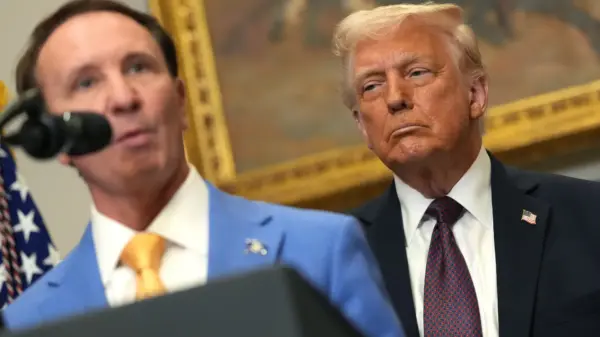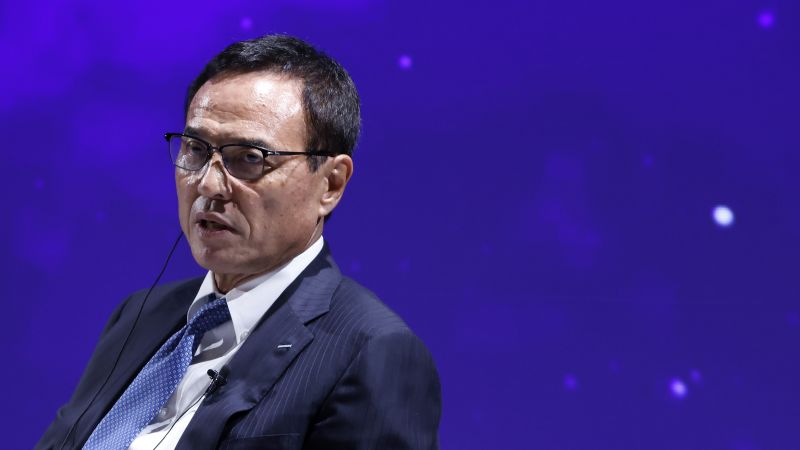Takeshi Niinami, the chairman and CEO of Suntory Holdings, has resigned following an investigation into allegations regarding his purchase of products containing THC, the psychoactive component of cannabis. The company confirmed his resignation on September 1, 2023, stating that Niinami stepped down for personal reasons amid the ongoing drug probe.
According to reports from public broadcaster NHK, investigators searched Niinami’s home in Tokyo, suspecting that he had received THC-containing products from an acquaintance abroad. Police are currently examining whether he was aware that these substances are strictly regulated in Japan. The nation’s laws prohibit the possession, sale, or import of THC, with violations potentially resulting in prison sentences of up to seven years.
Niinami, 66, is a significant figure in Japan’s corporate landscape, often representing the face of Japanese business in international media, including regular appearances on CNN. On August 22, he informed his colleagues about the police investigation, which led to increasing scrutiny of his actions. Suntory President Nobuhiro Torii and Vice President Kenji Yamada addressed the press on Tuesday, confirming that Niinami had indicated the investigation focused on supplements he believed were legal.
The company accepted Niinami’s resignation immediately, marking a dramatic turn in the leadership of one of Japan’s most recognizable beverage brands. Suntory is well-known for its diverse product lineup, including beer, whisky, and energy drinks. The brand has also gained cultural recognition through its portrayal in films, notably in Sofia Coppola’s Oscar-winning movie, “Lost in Translation,” where actor Bill Murray plays a character promoting Suntory whisky.
Niinami has been a prominent figure in both business and politics, previously serving as an economic adviser to several Japanese prime ministers. He became the first outsider to lead the family-founded Suntory after a successful tenure as the CEO of Lawson, a major convenience store chain. In December 2022, Suntory shifted control back to the founding family by promoting Torii to president while retaining Niinami’s titles as chairman and CEO.
As the investigation continues, the implications for Suntory and its leadership remain to be seen. The scrutiny surrounding drugs and their legal status in Japan highlights a broader conversation about substance regulation in the country, where there is no distinction made between recreational and medical cannabis use.
The fallout from this incident may have lasting effects on Suntory’s reputation and Niinami’s legacy in Japan’s corporate world.







































































